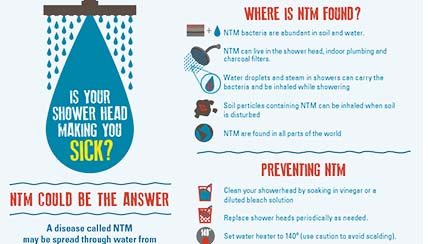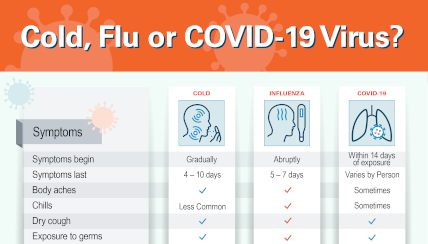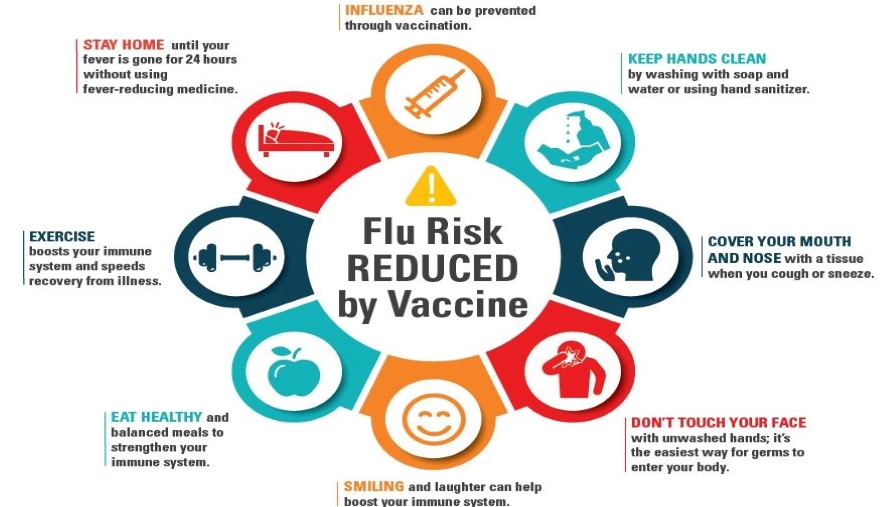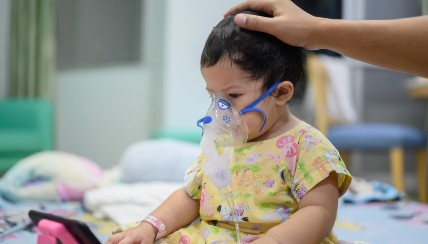Living with an Infectious Disease

An infectious disease is caused by a bacterium, virus or other organism. Infectious diseases can be spread to others and range in severity from mild to severe, lasting from a few days to many years. Some examples of infectious diseases include tuberculosis (TB), pneumonia and respiratory infections.
An infectious disease specialist will choose the best treatment for your specific condition. This almost always involves medication. Because infectious diseases are contagious, limit your exposure to others and stay home from work and school until your doctor says it’s safe to return. Cover your mouth when you sneeze or cough and consider wearing a face mask. Keep your home well-ventilated so exhaled bacteria can escape.
Take all of your medications on time and for the full period indicated. If you take your medication incorrectly, skip doses or stop before prescribed, you increase your risk of developing a drug resistant infection. Ask a friend or family member to remind you about your medicine, mark days off on a calendar, or use a pillbox to help you remember to take your medicine on schedule. Eat a healthy diet and get plenty of rest to help your body fight the infection. As your doctor monitors you during treatment, let them know if you experience any changes in your symptoms.
NTM Center of Excellence
The Nontuberculous Mycobacteria (NTM) Center of Excellence is comprised of National Jewish Health physicians and researchers working to enhance the clinical care for all patients with NTM infections, including patients with cystic fibrosis. Learn more.
Infectious Disease at National Jewish Health
At National Jewish Health, you’ll find:
- The latest in clinical trials
- A focused and integrated approach
- State-of-the-art diagnostic testing
- The Nontuberculous Mycobacteria (NTM) Center of Excellence
- Specialized mycobacteriology and pharmacokinetics laboratories.







